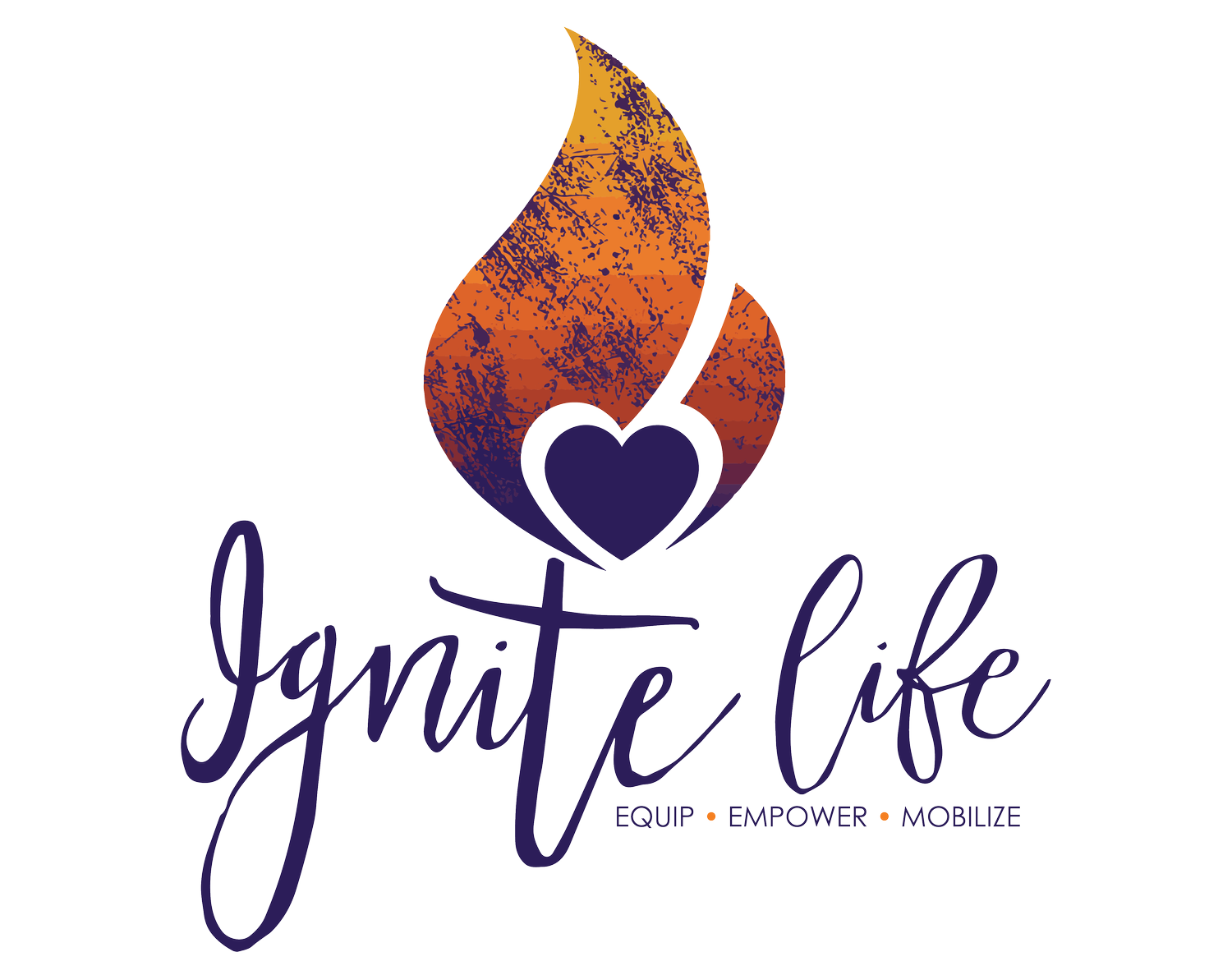Favorite Belts
(Ephesians 4:14: “Stand firm then, with the belt of truth buckled around your waist….”)
I realized today that I don’t have a favorite belt and probably never have.
It happened when I was getting ready for church, typically running a little late. I opened up the top right dresser drawer where I thought I had stored my two or three (or was it four?) belts. And to my mild surprise, there was only one, a slightly tattered brown belt—the others had decided to hide on me. But I just grabbed the only one in its proper place and promptly slid it through the belt loops on my grey dress pants. Who said brown doesn’t typically match with grey? No one would see it any way, after pulling my blue sweater over it.
I may be wrong, but I’ll bet that most people on this planet don’t have a favorite belt.
The Scriptures invite us to have a favorite, one that isn’t just sitting, waiting in dresser drawers—the “belt of truth” and it’s ready to put on regardless of the circumstances (Ephesians 6: 14).
The prophet Isaiah notes seven centuries before Paul’s admonition to the Ephesians, that “righteousness” will be the “belt” of the Messiah in his mission of merciful power (Isaiah 11: 5) during what might be called the final battle.
Of course, the Apostle Paul’s admonition to put on the “belt of truth” was regarding a clothing device with a specific function, more than holding up grey pants; such “belts” in ancient times tied up loose, flowing garments that would clumsily get in the way during fierce battle.
So, what are some of the things that “get in the way” of our effectiveness in the face of the spiritual battles that are before us, things that need to be buckled under the belt of truth?
May I suggest, since the Apostle Paul calls this the “belt of truth,” that it might be the immediate mental accessibility of the central truths of our Christian faith? In other words, the “belt of truth buckled around the waste” is made up of the truthful and eternal assertions meant to frame life’s journey, prioritize our goals, and throw aside any heap of distractions. The truths of the gospel, the truths that frame our commitment to “speak the truth in love” (Ephesians 4: 15) and wisely carry out every good deed (Colossians 3: 17) are to be asserted with the same regularity as buckling a belt and the same central emphasis as the hub on a wheel.
Since the days of Moses and the Hebrew prophets, the Jews have called such central, clarifying truths as “Shema.” “Shema” is the Hebrew word for “hear” or “listen” and it was a truth that was memorized and stated aloud two to seven times each day. Probably, the most often chosen Shema was from Deuteronomy 6: 4-9, which starts out, “Hear, O Israel, the Lord, your God, is One.” Minimally, the Shema was recited before getting out of bed and before falling asleep at night. It was the truth that reminded them who they were before God, why they were created, and where they stood in the universe. The “Shema” was the regular reminder of what was at stake in the faithfulness of each moment and the holiness of each encounter.
So, what’s your Shema—one that includes the clarifying truth and power of the gospel?
It then becomes fastened, “buckled” like a cognitive resting place, a foundation stone of the mind, a place to lower our inquiring and novelty-seeking anchor. And the “buckling” is an act of litany, an act of worship performed daily. It can be said aloud passionately every day as a reminder of one’s ultimate purpose. This kind of central confession, or Christian Shema, is an asserted and reasserted truth that ties the confessor to the Creator of the universe, her responsibilities and privileges within the creation, and the purpose-drenched context of all thought, attitude, and behavior.
I’m re-thinking about what should be my favorite belt.
Paul D. Patton, Ph.D., is a professor of communication and theater at Spring Arbor University in Michigan. He has graduate degrees in Guidance and Counseling, Religious Education, and Script and Screenwriting, and a doctorate in Communication with an emphasis in theater arts. He has been married to his wife Beth for over forty years and has three daughters (all actresses)—Jessica, Emily, and Grace, three sons-in-law, David, Joe, and Eric, and four grandsons, Caleb Rock, Logan Justice, Micah Blaze, and Miles Dean.

